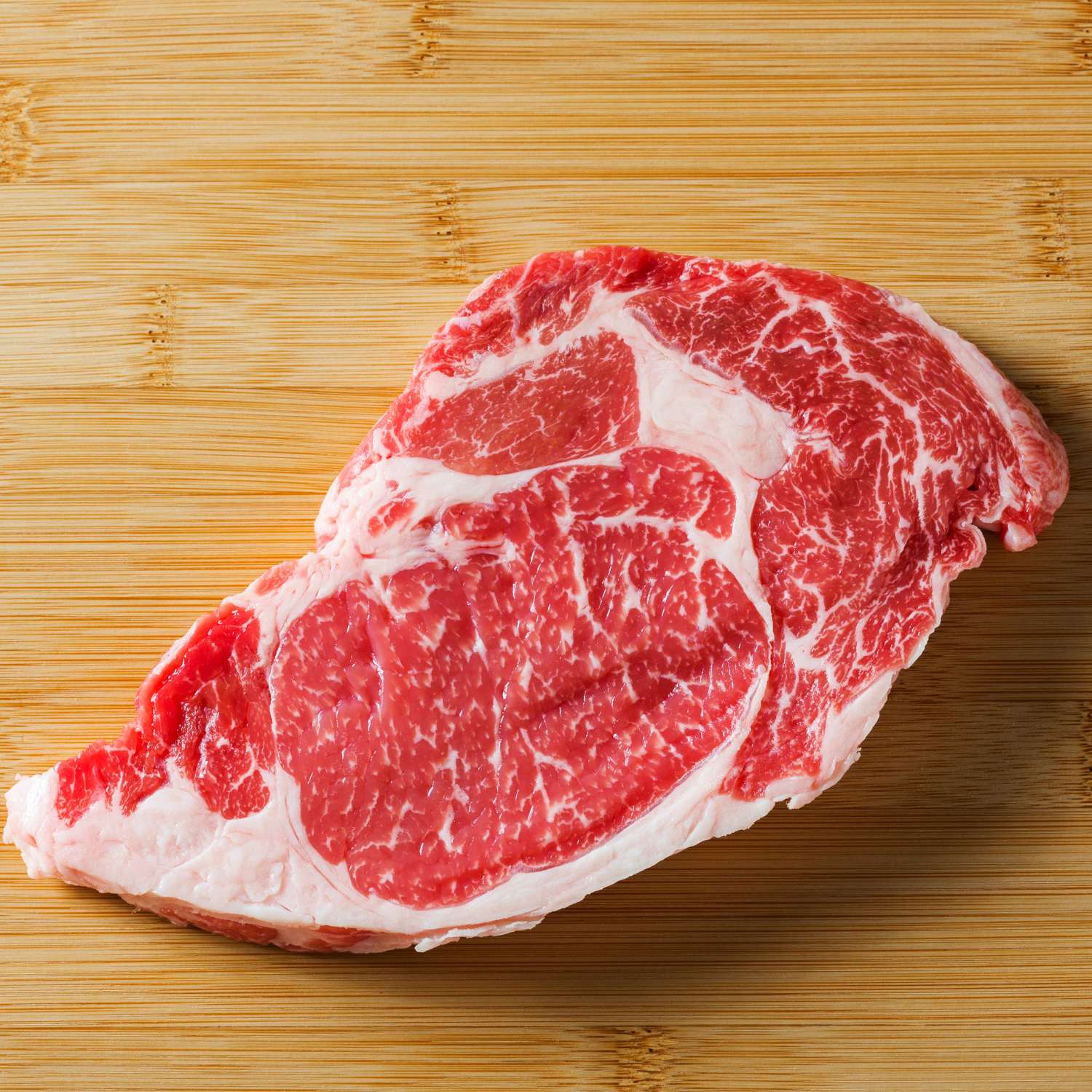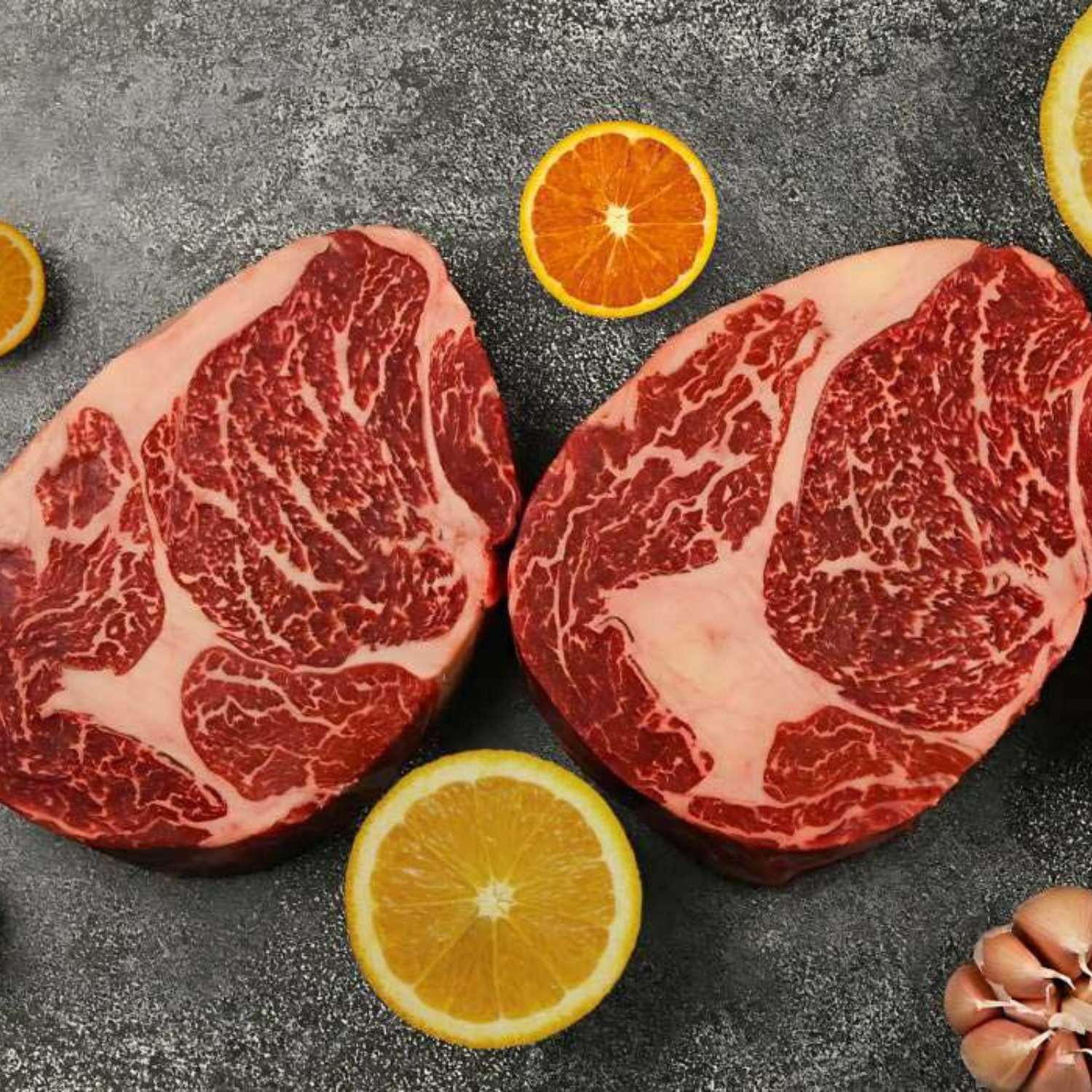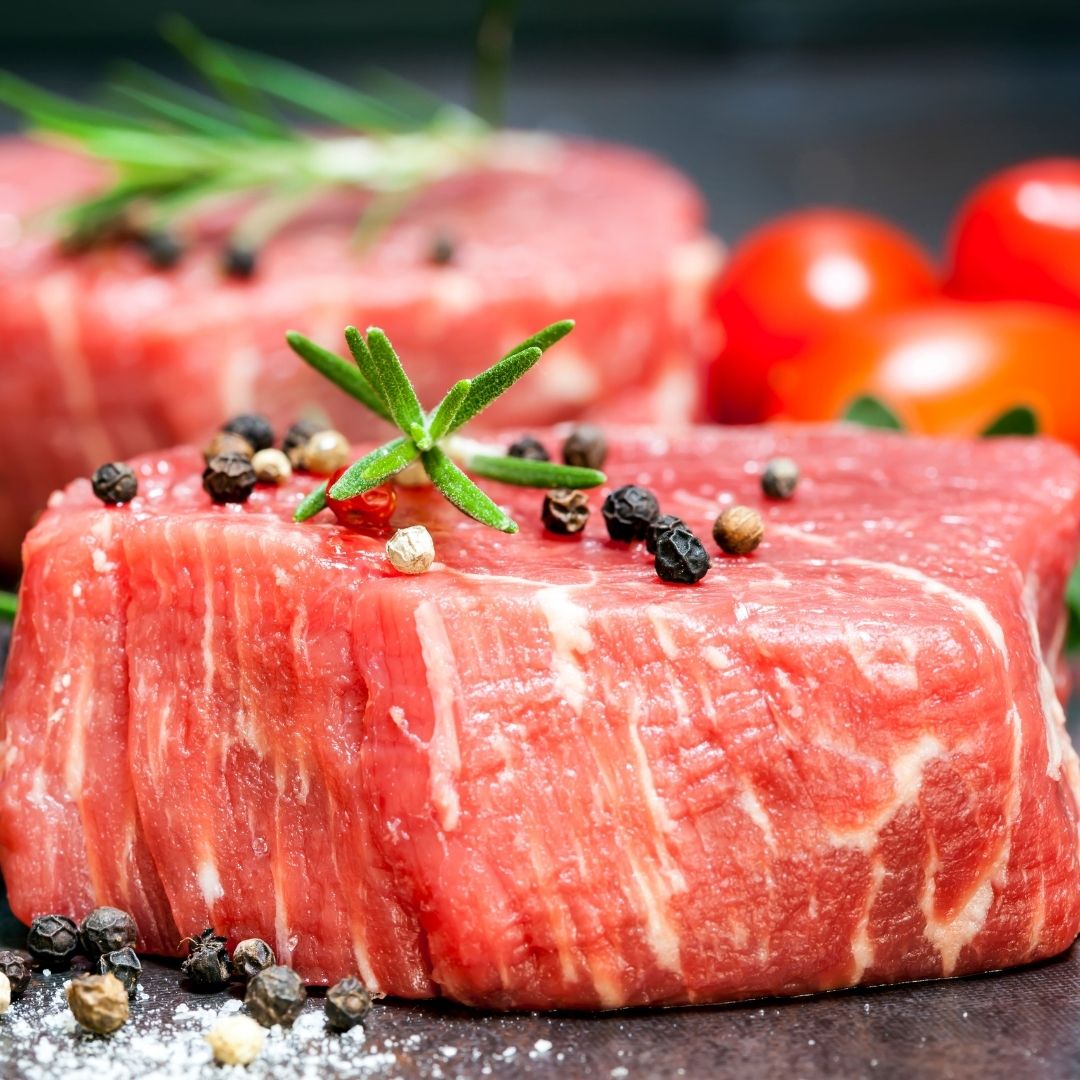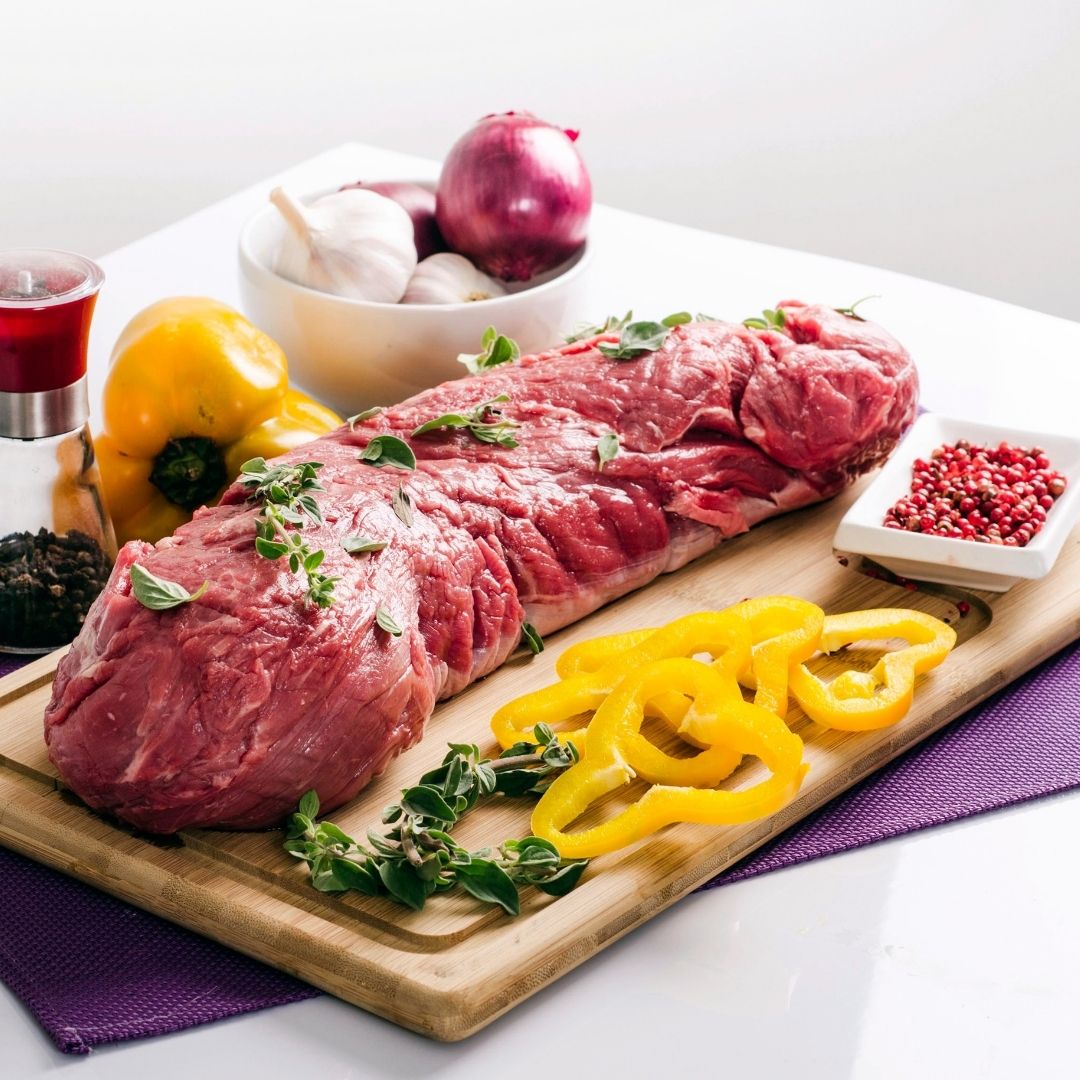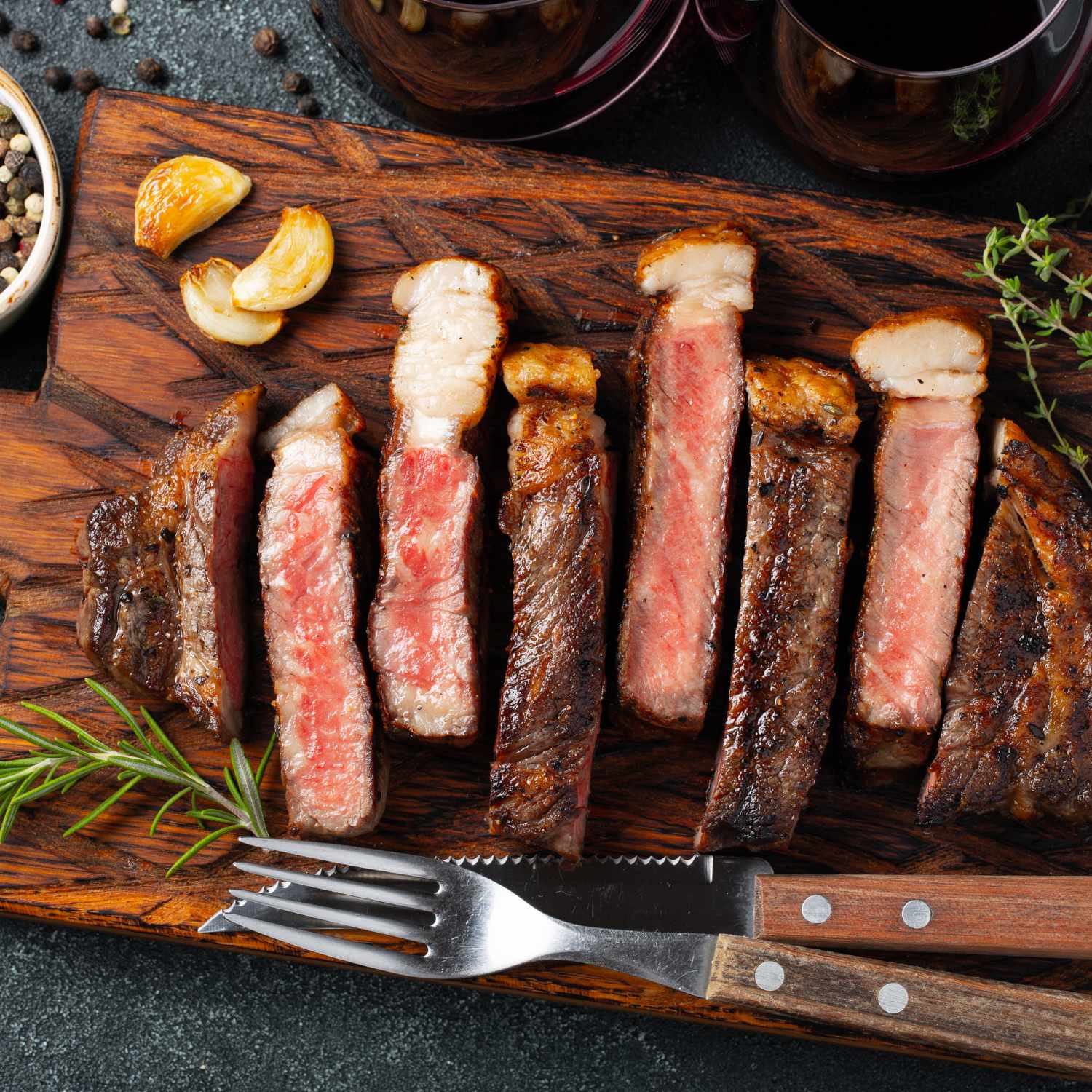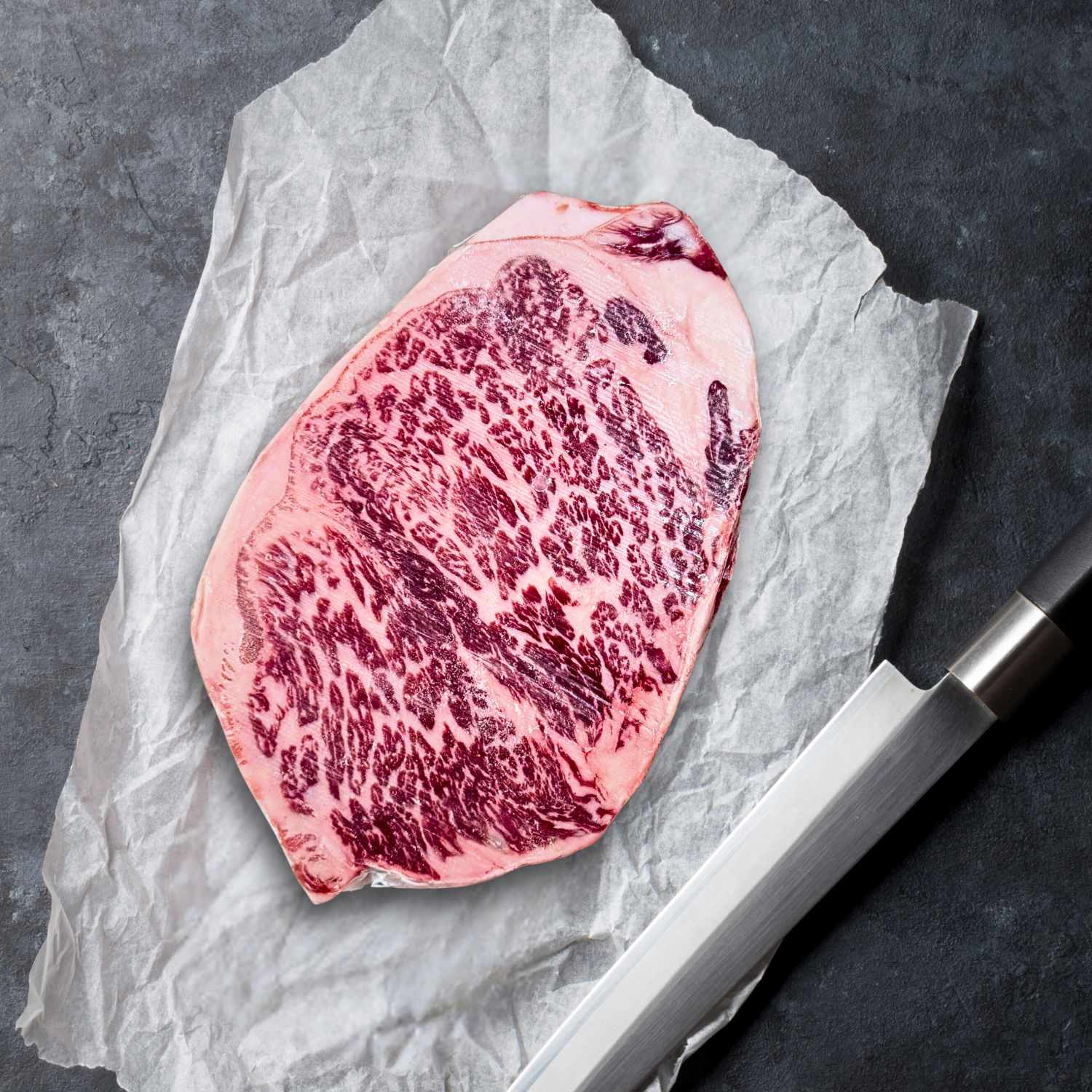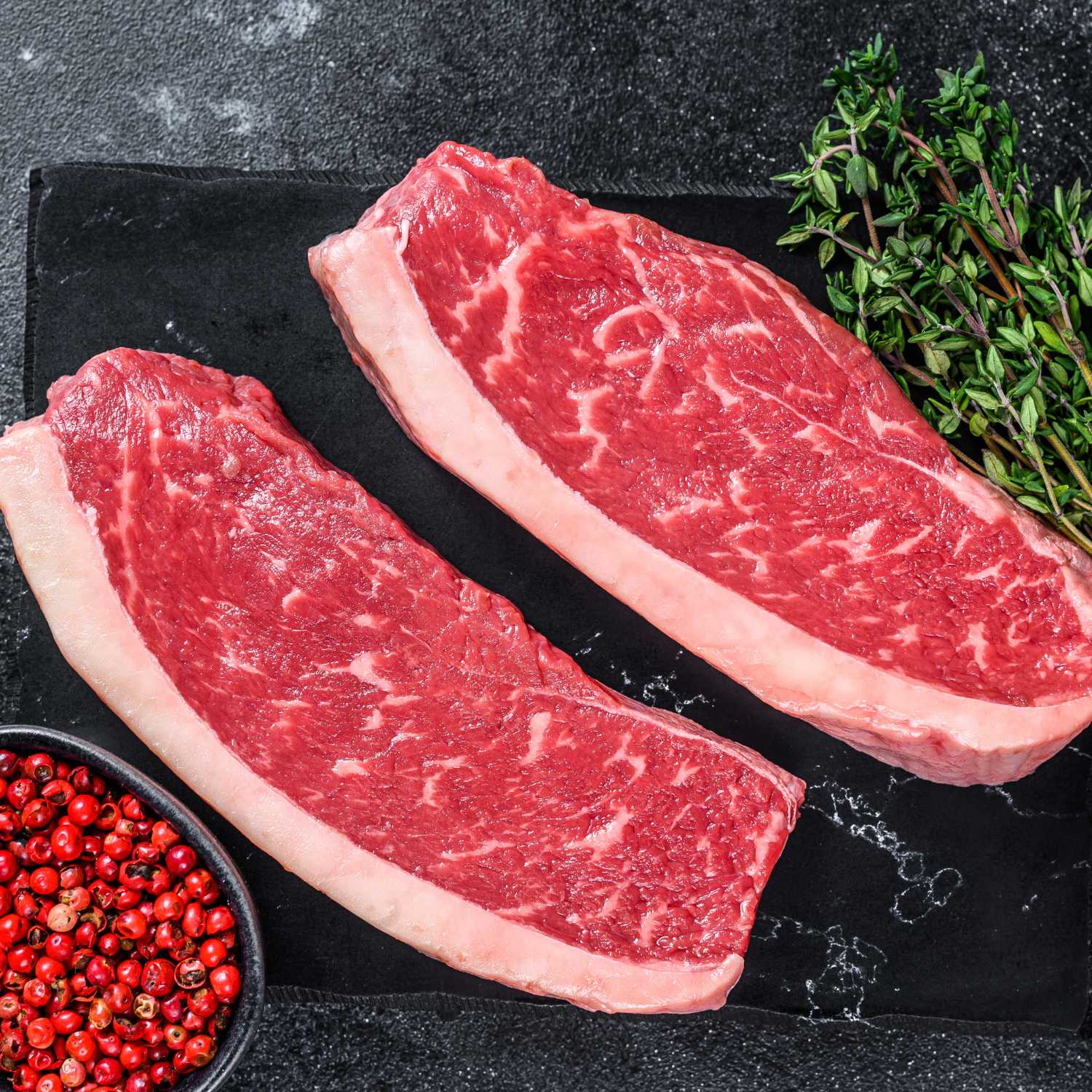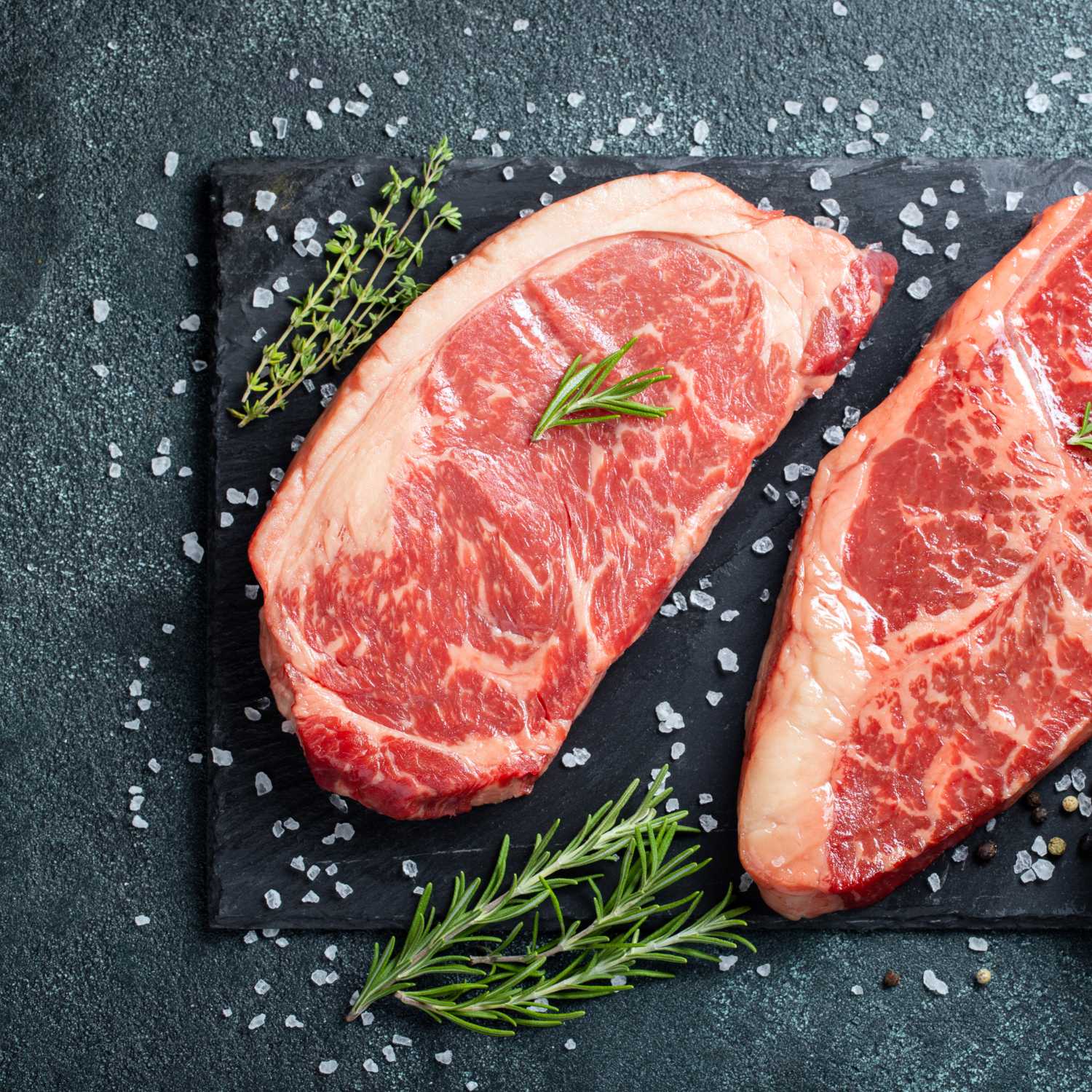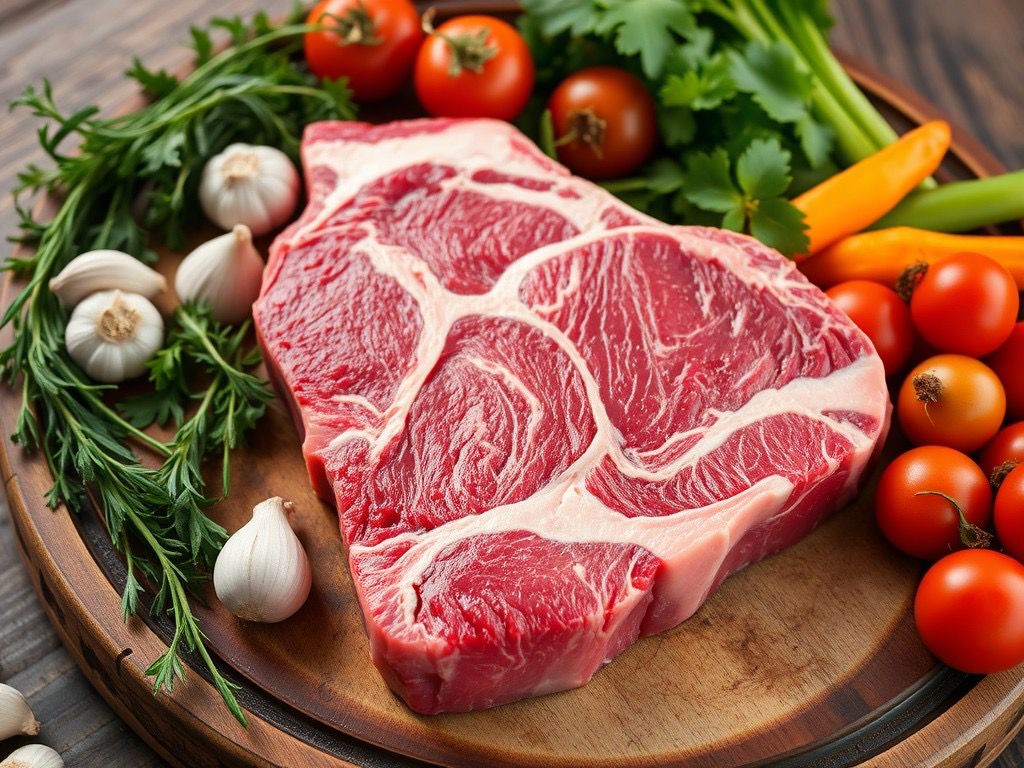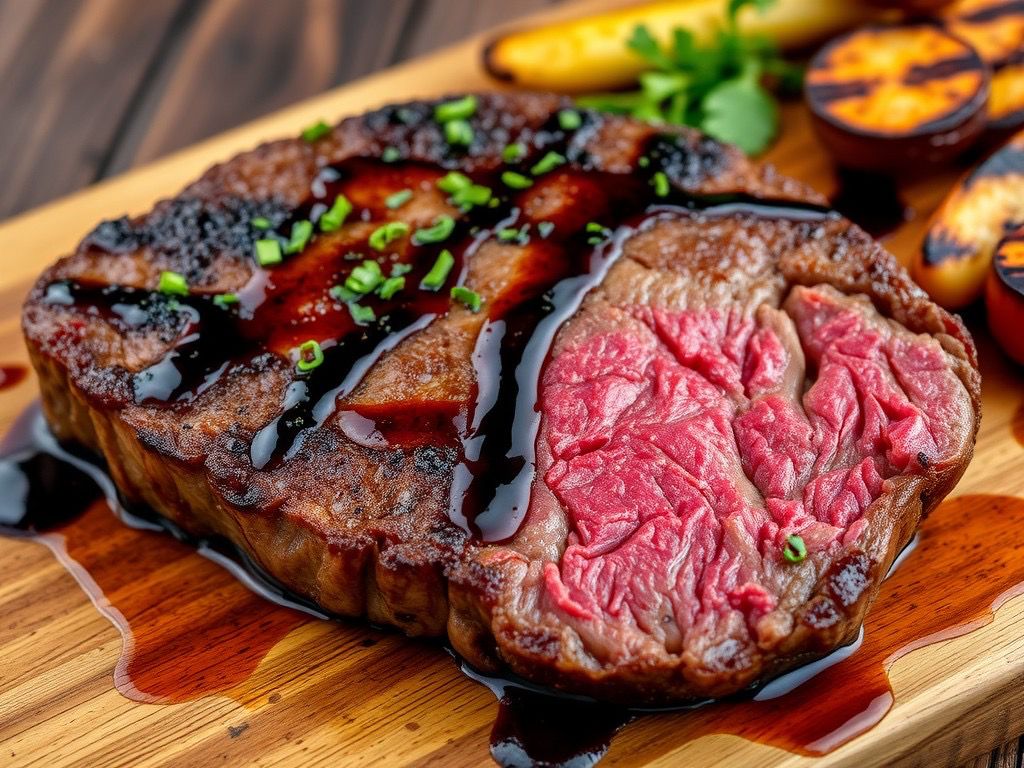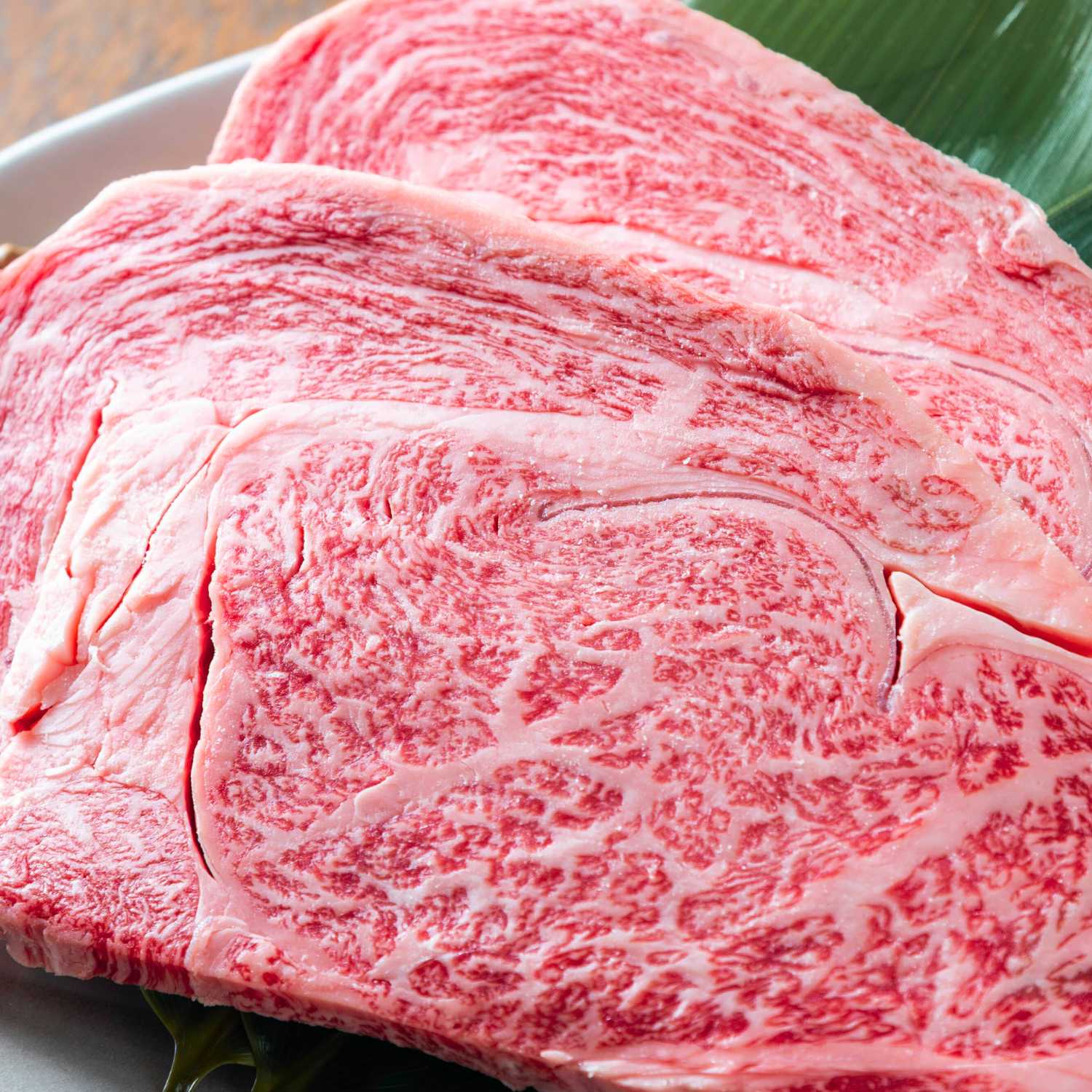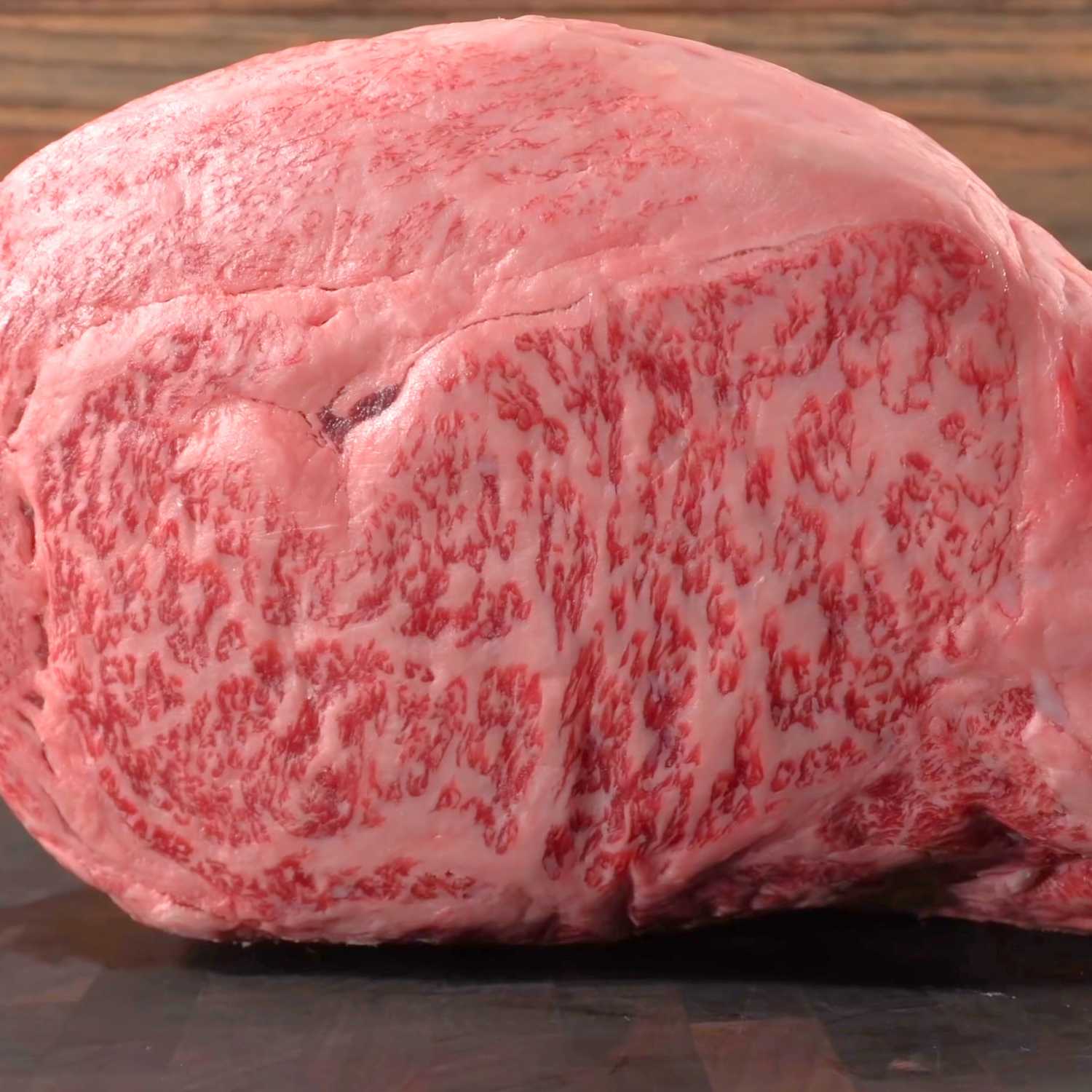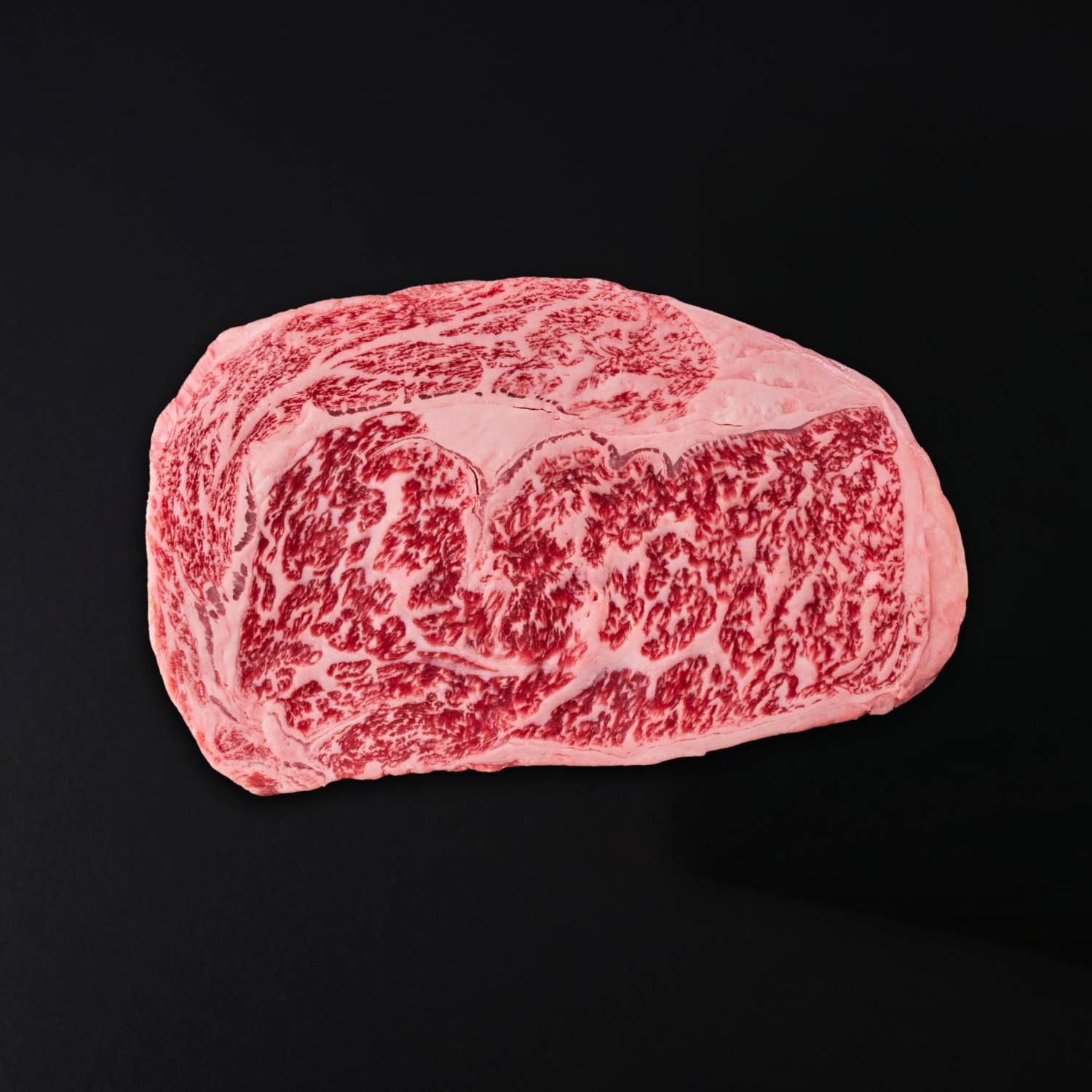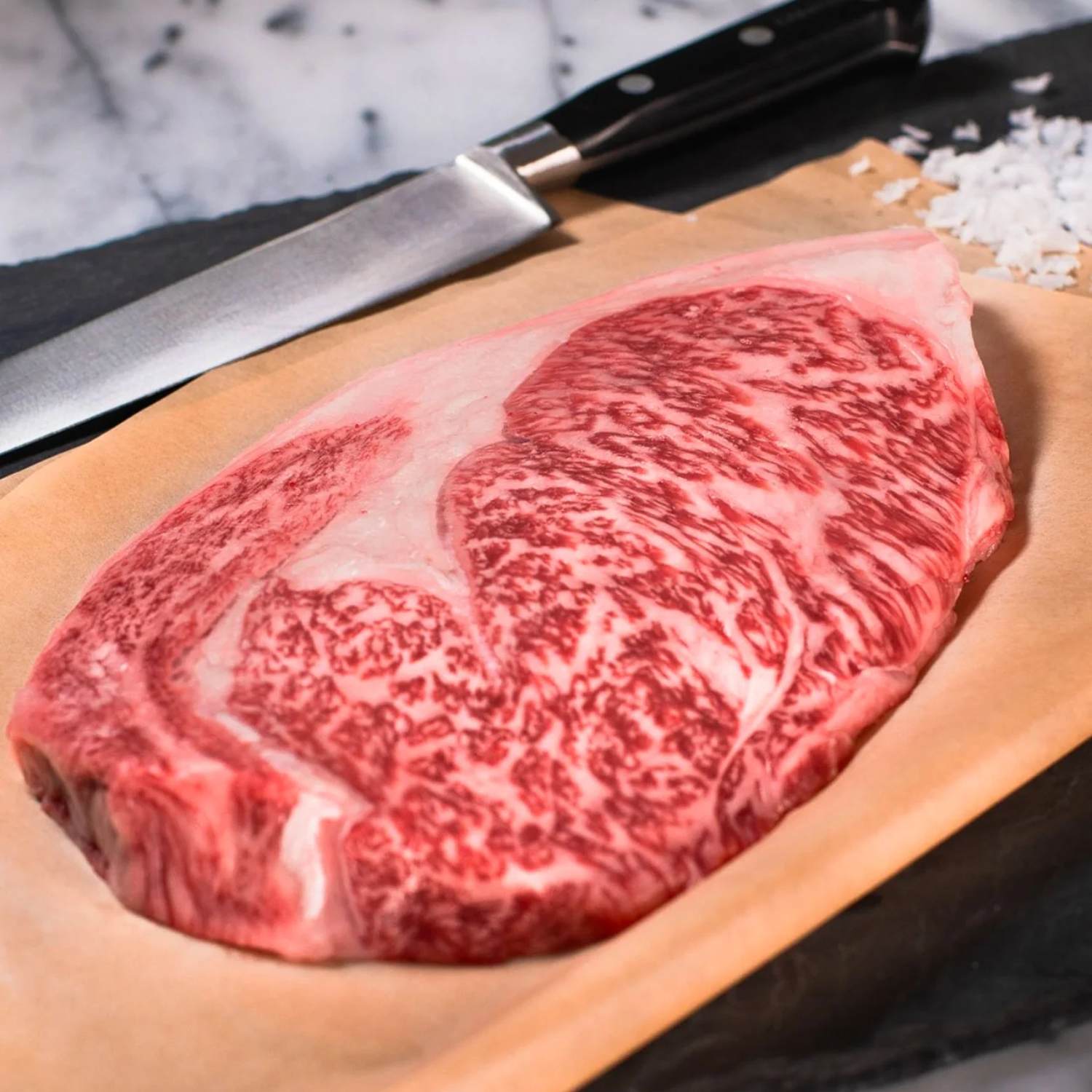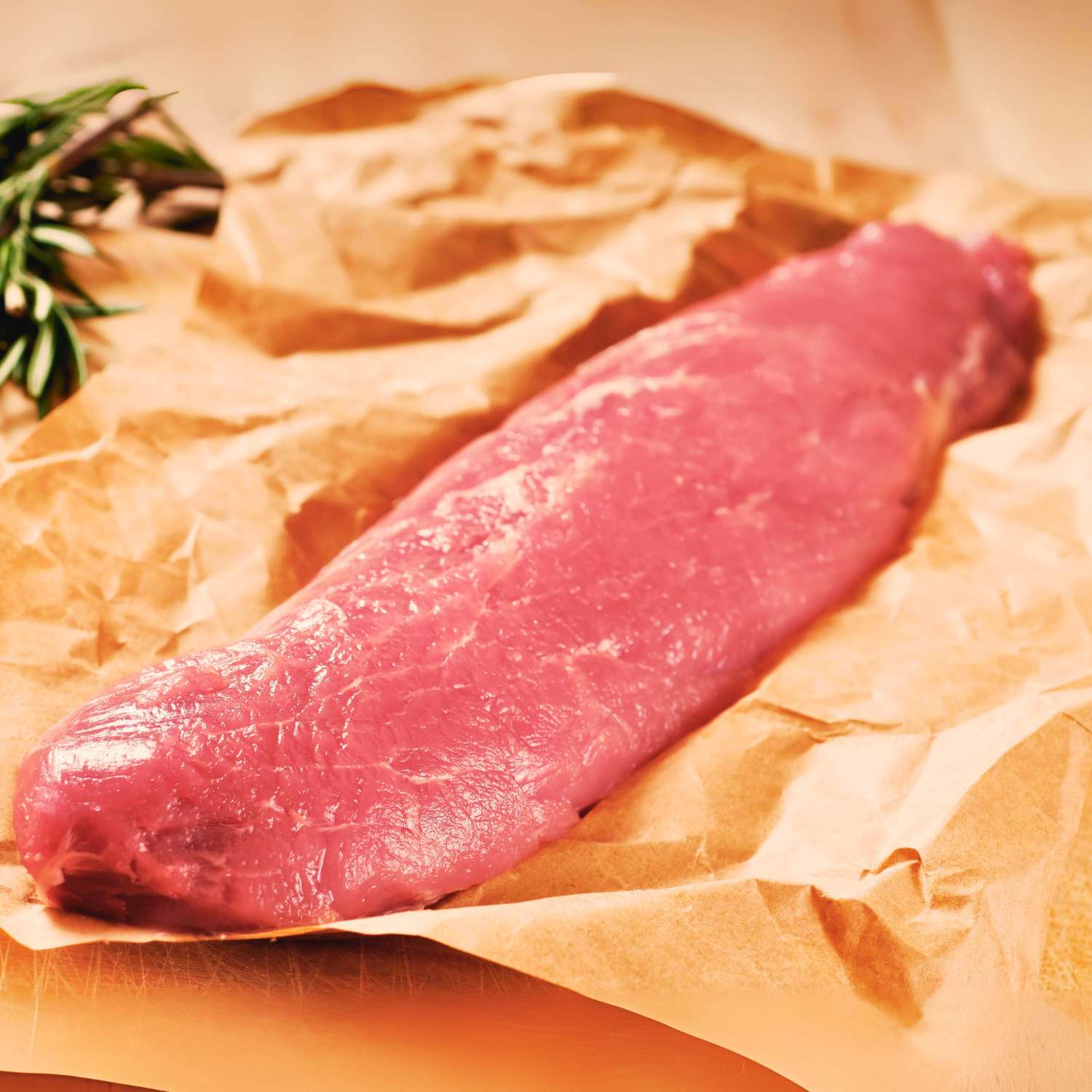The Ultimate Guide to Preparing Prime Grass-Fed Beef
Understanding Prime Grass-Fed Beef Quality
To master grilling, you must grasp beef quality first. Prime grass-fed beef is top tier. It's known for its fine marbling and robust flavor. The beef comes from cattle that grazed on grass, not grain. This diet leads to leaner meat with more omega-3 fats. These factors affect how the beef cooks and tastes. Marbling keeps it moist over hot flames. Leaner cuts demand careful cooking to avoid dryness. Always check the beef has a quality grade stamp before buying. This ensures you're getting the best in Hong Kong.

Optimal Conditions for Grilling Beef
Grilling prime grass-fed beef to perfection requires attention to several vital conditions. Firstly, it's crucial to start with a clean and well-maintained grill. Ensure the grate is free of old residue to avoid unwanted flavors. Heat distribution is another key factor; the grill should offer consistent high heat for searing and lower heat zones for finishing the cook. Additionally, the outdoor temperature and wind conditions in Hong Kong can influence cooking times, so it's advisable to grill on milder days for optimal control. Lastly, let the meat rest at room temperature for about 30 minutes before grilling. This step helps in achieving a more even cook throughout your beef cut. Perfect the grilling conditions and you'll savor a mouthwatering prime grass-fed beef experience.
The Best Knives and Equipment for Cutting and Grilling
Having the right tools elevates the experience of grilling prime grass-fed beef. Sharp, durable knives are essential for clean cuts, preserving the meat's integrity. Opt for a chef's knife or a specific beef carving knife for the best results. When it comes to grilling, a heavy-duty grill with precise temperature control is key. Cast-iron grates are preferred for even heat distribution. Long-handled tongs and spatulas allow for safe flipping, while a digital meat thermometer ensures perfect doneness. To enhance the grilling setup, a well-ventilated area and sturdy cutting boards are indispensable additions for any serious griller.
Expert Tips for Grilling Prime Grass-Fed Beef
The Right Marinade and Seasoning for Beef
To bring out the rich, robust flavor of prime grass-fed beef, an expert griller knows the importance of a perfect marinade and seasoning. For steak purists, simplicity rules. A blend of sea salt and freshly cracked black pepper may suffice, enhancing the natural taste without overpowering it. However, for those seeking to excite the palate, consider a fusion of garlic, rosemary, and thyme. They mingle well with beef and bring a delightful aroma. Remember, the key is balance; the seasonings should complement the beef, not mask it. For Hong Kong's humid climate, a light marinade can also tenderize and add succulence. Opt for olive oil-based concoctions with a touch of soy sauce to marry Eastern and Western flavors. Just be cautious with acidic components like vinegar; they're great tenderizers but can overwhelm if used in excess. Patience is also essential—allow the beef to marinate for several hours to infuse the flavors deeply.
Step-by-Step Guide to Grilling
Grilling prime grass-fed beef is an art, especially in Hong Kong where cuisine is taken seriously. Follow these steps: 1. Preheat your grill to a high temperature to create a nice sear. 2. Brush the beef with oil to avoid sticking and to add extra flavor. 3. Sear the meat on the hottest part of the grill for a short time. 4. Move the beef to a cooler part of the grill to finish cooking to your desired level. 5. Let the beef rest for a few minutes before cutting to keep it juicy. Enjoy the rich flavors of prime beef!
Common Mistakes to Avoid When Grilling Beef
Grilling prime grass-fed beef might seem straightforward, but even seasoned chefs can slip up. Here are common mistakes to avoid for optimal results. First, dodging the impulse to constantly flip the beef is crucial; it needs time to develop that delectable crust. Another misstep is neglecting pre-grill meat tempering – bringing your beef to room temperature ensures even cooking. Also, resist the temptation to cut into the beef to check its doneness, as this releases precious juices. Instead, use a meat thermometer. Lastly, remember the rest period post-grill, which allows the juices to redistribute within the beef, ensuring each bite is succulent.
Innovative Recipes and Pairings with Prime Grass-Fed Beef
Creative Ideas for Beef and Vegetable Dishes
Prime grass-fed beef, known for its lean texture and rich flavor, pairs beautifully with vegetables. The key is to match the robustness of the beef with veggies that complement or enhance its natural taste. Try these creative ideas:
- Grilled Asparagus and Beef Rolls: Wrap thin slices of beef around asparagus spears. Season with a light soy and garlic glaze. Grill to perfection.
- Stuffed Bell Peppers: Fill halved peppers with a mix of minced beef, onions, and herbs. Bake or grill until tender.
- Beef and Broccoli Stir-fry: A quick, high-heat stir-fry that combines tender beef with crunchy broccoli. A hint of oyster sauce adds depth.
- Roasted Root Vegetables with Beef Strips: Roast carrots, parsnips, and sweet potatoes. Top with strips of seared beef and a sprinkle of sea salt.
These dishes offer delightful ways to enjoy prime grass-fed beef. Each recipe brings out the best in both the beef and the vegetables, making for satisfying and wholesome meals.
Pairing Wines and Cocktails with Prime Grass-Fed Beef
To enhance the rich flavors of prime grass-fed beef, a thoughtful wine or cocktail pairing is key. Opt for full-bodied red wines like Bordeaux or Cabernet Sauvignon that can stand up to the beef's robust taste. If you prefer white wine, a buttery Chardonnay pairs well with fattier cuts. For cocktails, try a classic Old Fashioned or a Manhattan, whose whiskey base complements the meaty flavors. Remember, the goal is to balance the drink's strength with the beef's natural taste.
Tips for Large-Scale Preparations and Event Catering
- Plan ahead: For successful large-scale events, plan every detail from the type of cut to the grill space required.
- Quantify accurately: Estimate portions per person to avoid under or over-catering. About 6-8 ounces of beef per person is a good start.
- Pre-cooked preparations: Consider pre-grilling beef to a rare doneness, then finish on the grill at the event to reduce wait times.
- Keep equipment simple: Use reliable, heavy-duty grills and utensils that can handle the volume of beef being prepared.
- Stay organized: Assign tasks and prep stations to streamline the grilling process and ensure each steak is grilled to perfection.
- Temperature control: Use meat thermometers to ensure beef is cooked to safe and desired doneness, especially when grilling in bulk.
- Dress to impress: Create a visually appealing display with garnishes and creative plating even for large crowds.

